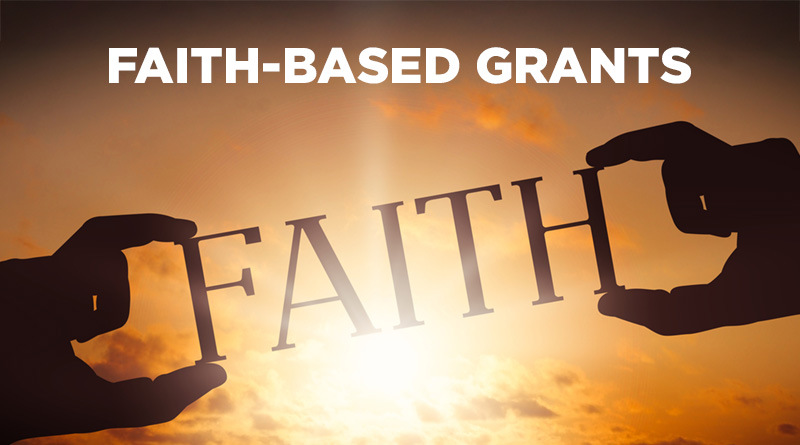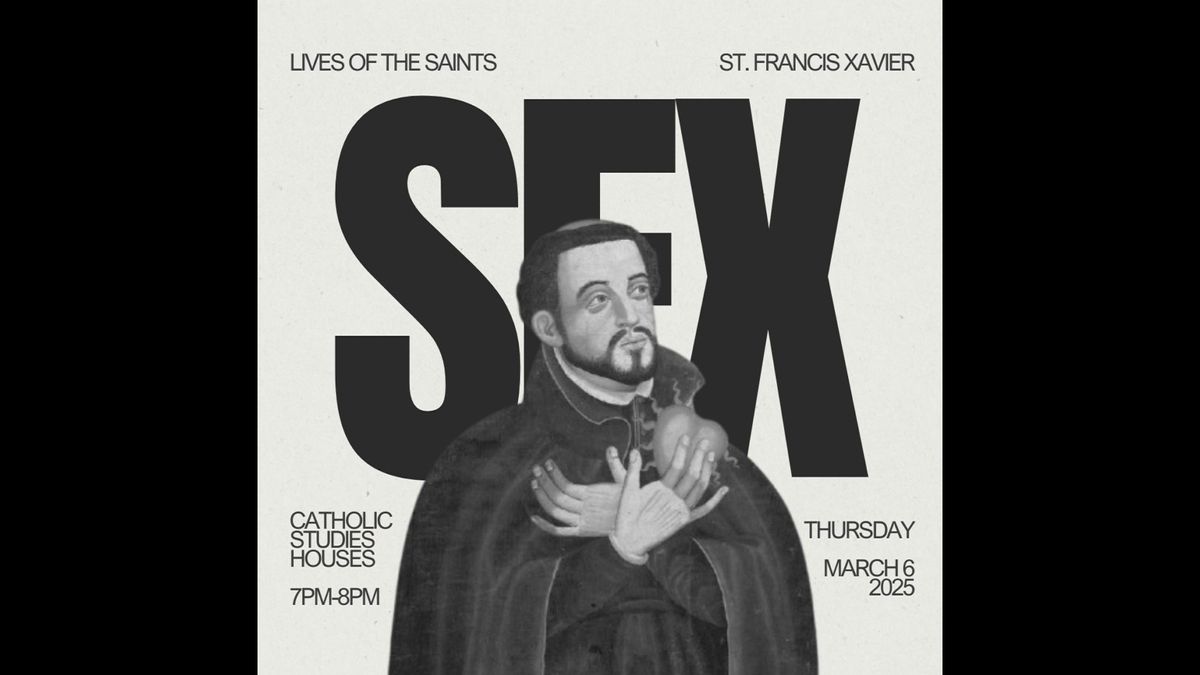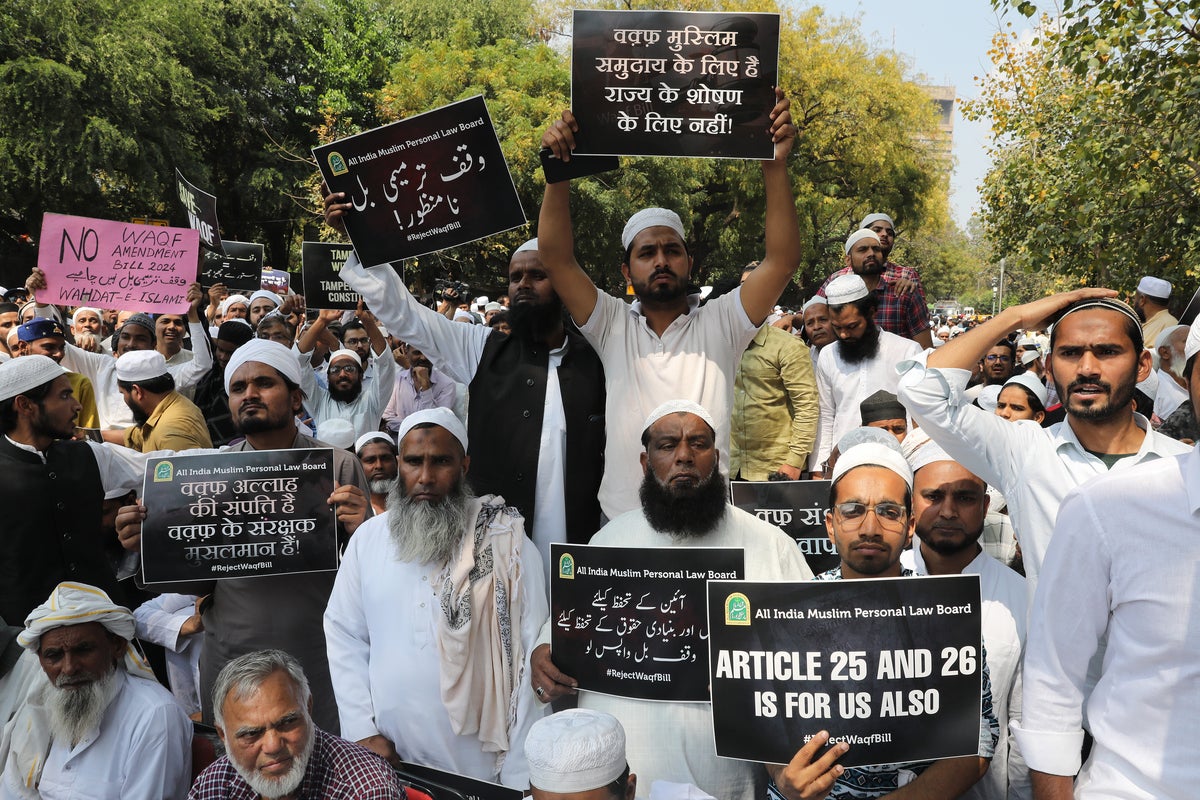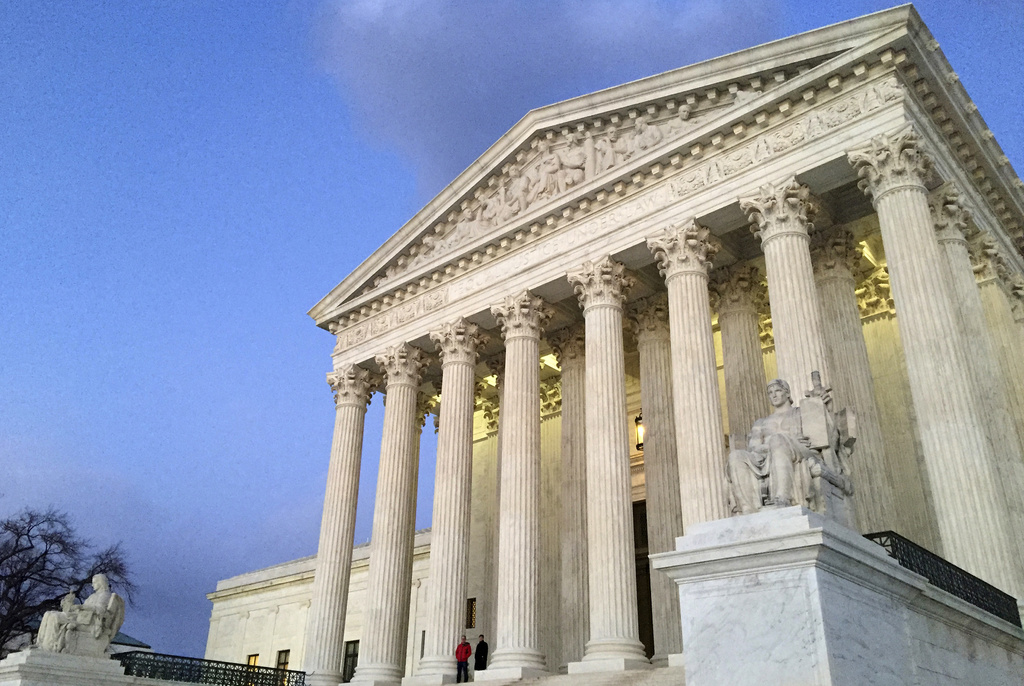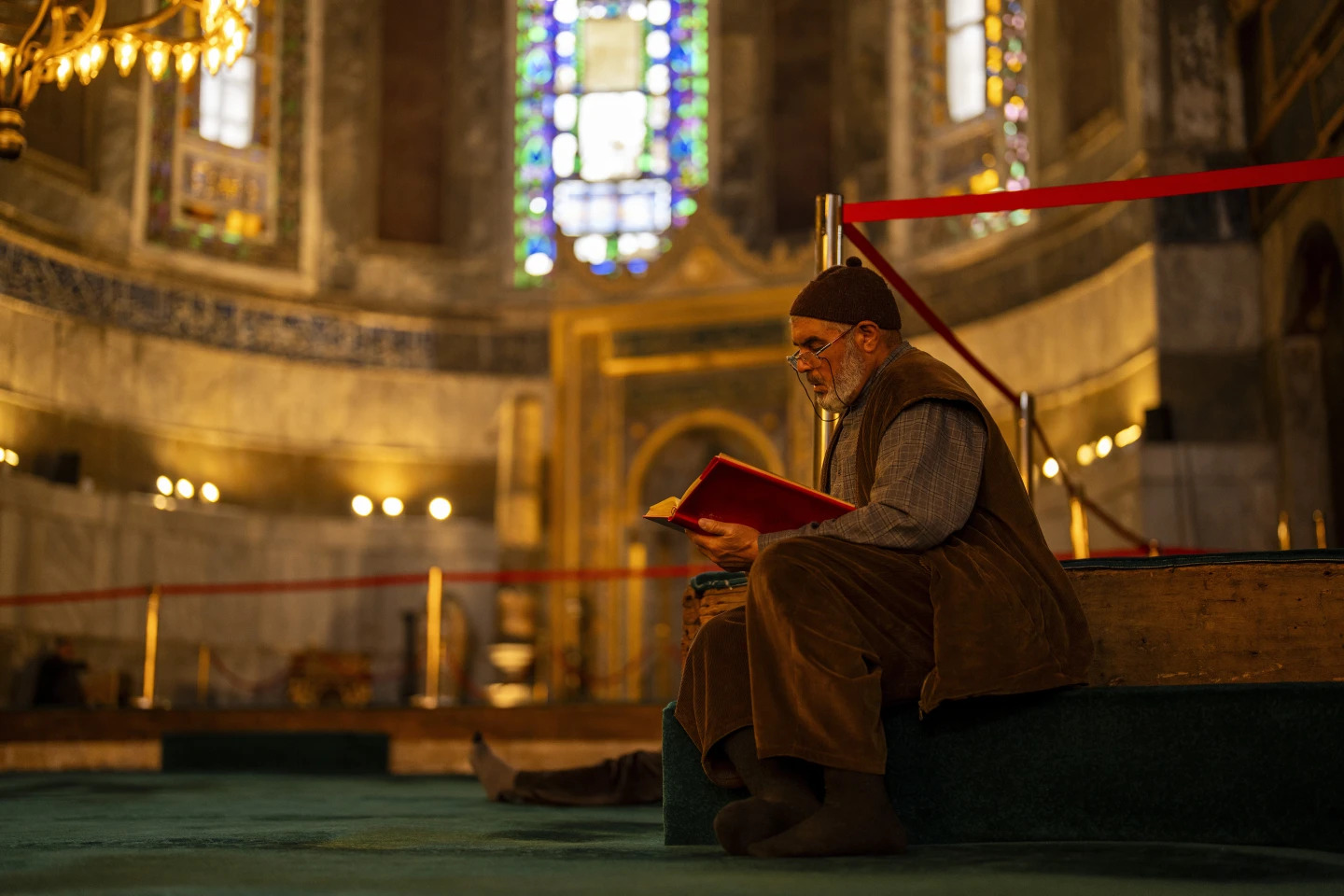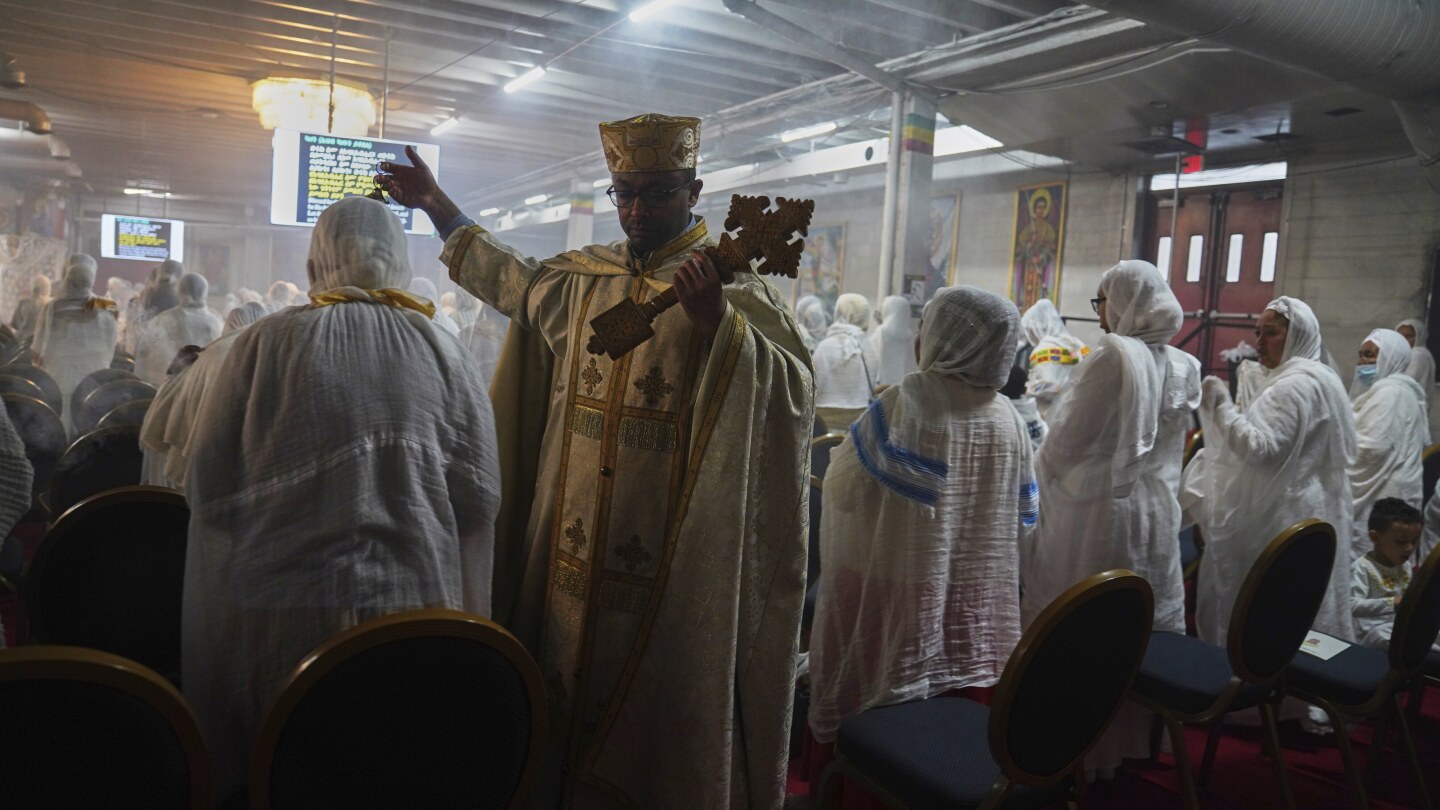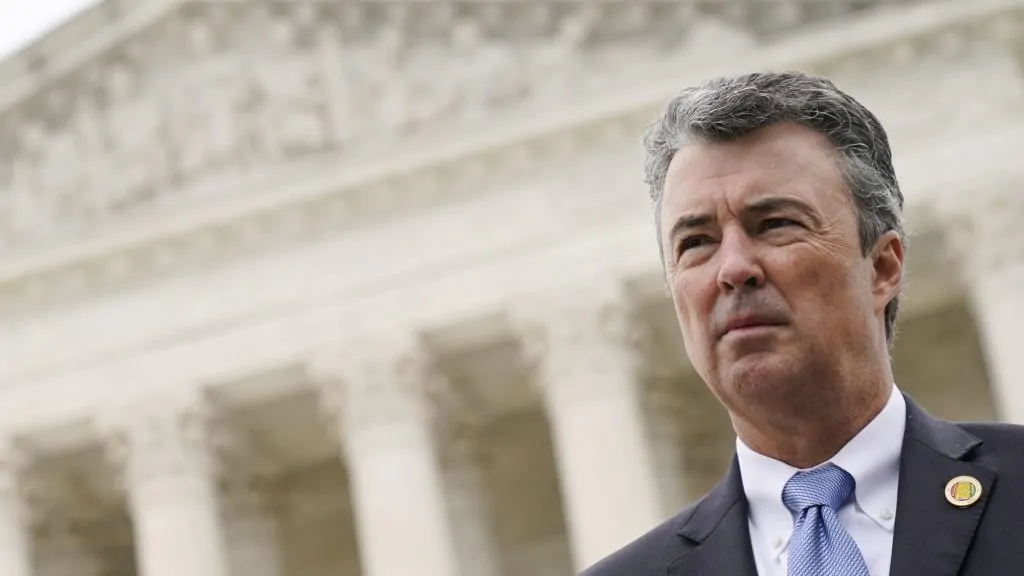Faith, Fungi, and Legal Frontiers: State Legislatures Clash Over Religious Liberty and Psychedelic Practices
Religion
2025-03-27 20:38:54Content
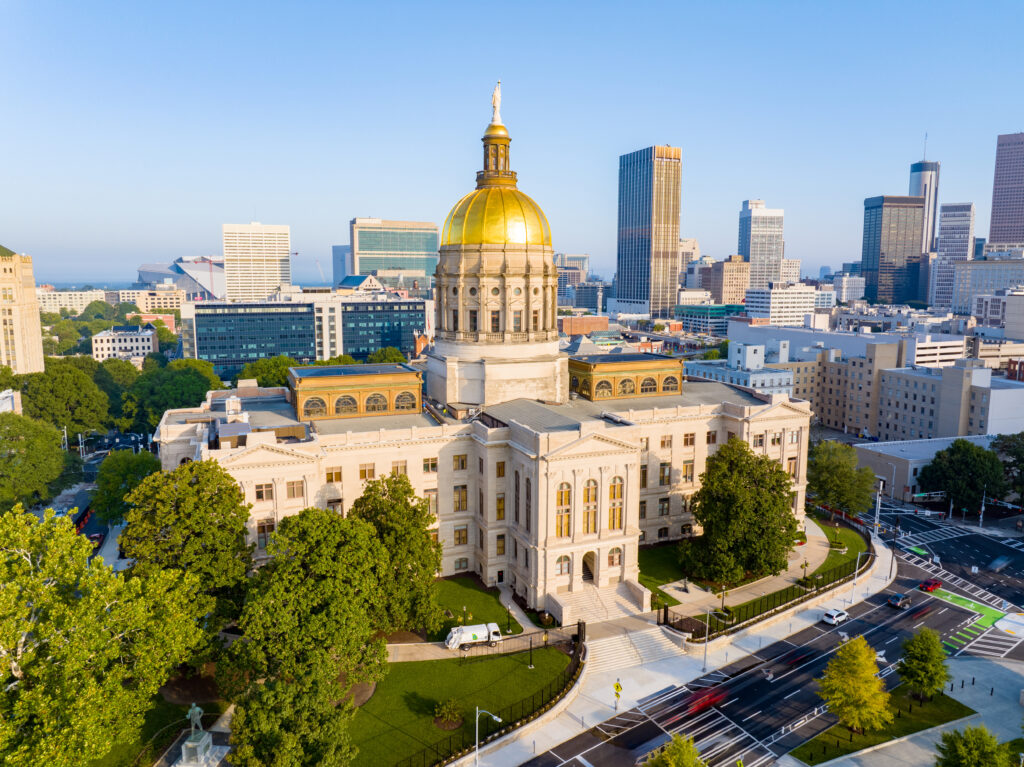
Religious Freedom Law Sparks Controversy with Psychedelic Mushroom Ruling
In a surprising legal development, a Utah judge has delivered a landmark decision that highlights the complex intersection of religious freedom and drug legislation. The ruling centers on a religious center's use of illegal psychedelic mushrooms, protected under the state's Religious Freedom Restoration Act (RFRA).
As Georgia's legislative session continues its intense deliberations on a similar religious freedom bill, this Utah case has thrust the RFRA into the national spotlight, raising critical questions about the boundaries of religious practice and legal protection.
The judicial decision underscores the nuanced challenges lawmakers face when balancing religious liberties with existing drug regulations. It demonstrates how religious freedom laws can potentially create unexpected legal precedents that challenge traditional interpretations of controlled substance statutes.
Legal experts and religious freedom advocates are closely watching how this ruling might influence similar legislative efforts across the country, including Georgia's ongoing RFRA discussions.
Religious Freedom and Psychedelic Practices: A Landmark Legal Breakthrough in Utah
In the evolving landscape of religious liberty and legal interpretation, a groundbreaking judicial decision has emerged that challenges conventional boundaries of religious practice and legal protection. This unprecedented ruling highlights the complex intersection of constitutional rights, religious freedom, and contemporary spiritual practices.Challenging Boundaries: When Religious Freedom Meets Unconventional Spiritual Practices
The Legal Precedent of Religious Freedom Restoration Act
The Religious Freedom Restoration Act (RFRA) has long been a critical mechanism for protecting diverse religious expressions in the United States. This comprehensive legal framework provides robust safeguards for religious practitioners, ensuring their right to exercise spiritual beliefs without undue governmental interference. In recent years, the interpretation of RFRA has expanded to encompass increasingly nuanced and unconventional spiritual practices that previously might have been marginalized or criminalized. The Utah case represents a significant milestone in this ongoing legal evolution. By recognizing a religious center's use of psychedelic mushrooms as a protected spiritual practice, the judicial system has demonstrated a profound understanding of the complex relationship between religious expression and traditional legal constraints. This decision signals a potentially transformative approach to interpreting religious freedom in the contemporary legal landscape.Psychedelic Spirituality and Legal Recognition
The judicial ruling in Utah provides a fascinating glimpse into the expanding boundaries of religious practice. Psychedelic substances, long stigmatized and criminalized, are increasingly being viewed through a more nuanced lens of spiritual and therapeutic potential. The religious center's successful legal defense suggests a growing recognition that spiritual experiences can transcend traditional pharmaceutical and cultural boundaries. Anthropological and theological research has long documented the historical use of psychedelic substances in religious rituals across various global cultures. From indigenous shamanic traditions to contemporary spiritual movements, these substances have been integral to profound mystical experiences. The Utah case represents a critical legal acknowledgment of these deep-rooted spiritual practices, challenging long-standing prohibitive frameworks.Implications for Religious Liberty and Legal Interpretation
This landmark decision carries profound implications for religious liberty jurisprudence. By protecting a religious center's use of psychedelic mushrooms under RFRA, the court has established a potentially groundbreaking precedent. Legal scholars and religious freedom advocates are likely to scrutinize this ruling, examining its potential to reshape understanding of religious practice and constitutional protection. The ruling also reflects broader societal shifts in attitudes toward psychedelic substances. As scientific research increasingly explores the therapeutic and spiritual potential of these compounds, legal frameworks are gradually adapting. This judicial decision represents more than a narrow legal interpretation; it symbolizes a broader cultural reevaluation of consciousness, spirituality, and individual religious expression.Navigating Complex Legal and Spiritual Terrain
While the Utah ruling is significant, it is not without potential controversy. Religious institutions, legal experts, and policymakers will undoubtedly engage in rigorous debate about the scope and limitations of such protections. The delicate balance between respecting religious freedom and maintaining public safety remains a critical consideration in these evolving legal discussions. The case underscores the dynamic nature of constitutional interpretation, demonstrating how judicial systems must continually adapt to changing social and spiritual landscapes. As religious practices become increasingly diverse and complex, legal frameworks must remain flexible and responsive to emerging forms of spiritual expression.RELATED NEWS

Kumbh Chaos: Akhilesh Targets BJP's 'Religious Spectacle' with Sharp Criticism
